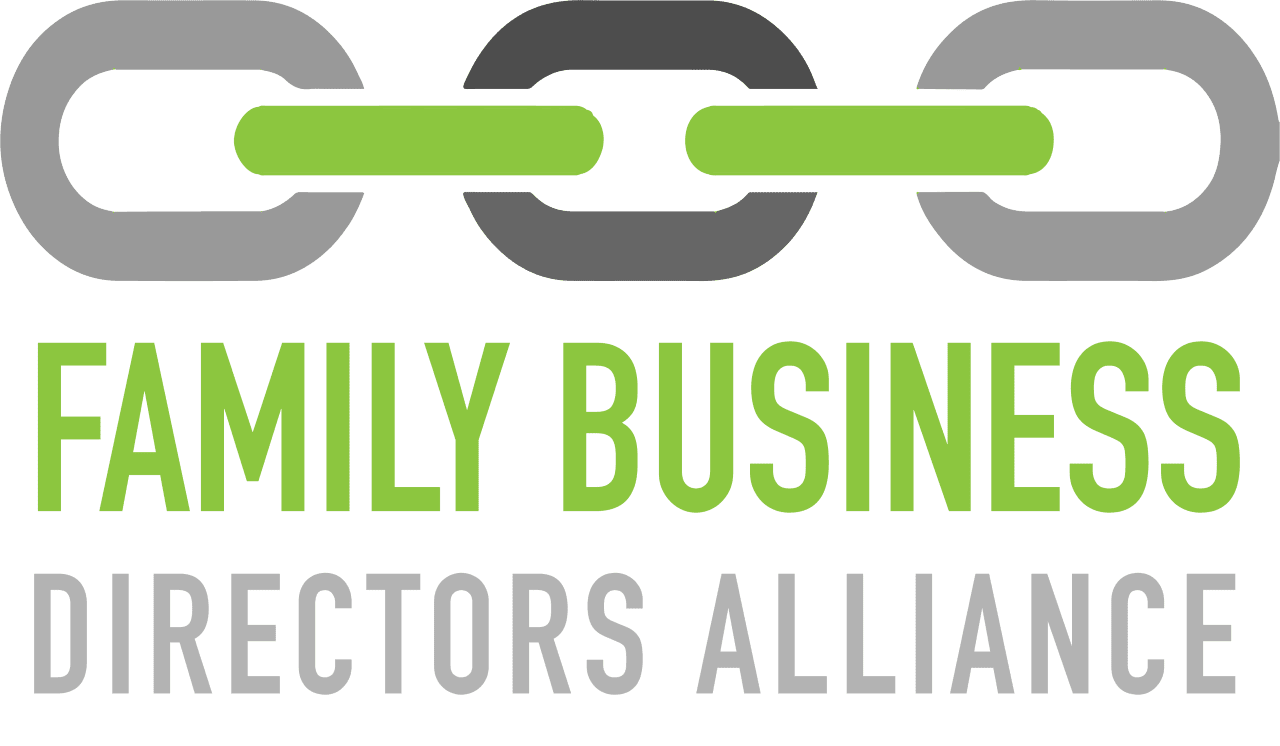Written by Haans Mulder, JD, MBA, MST, CFP®
Last month, I wrote about the importance of balancing two principles in family succession. Family businesses need to pass along ownership to certain members of the next generation who are most capable of continuing the business. Second, they should also strive to equally divide “all” assets so family members who don’t receive business ownership will still feel they are treated fairly.
This month, I want to write about one way of achieving this balance. By definition, family businesses have an entity or multiple entities that are the “operations” of the business. At the same time, families very often have acquired real estate that the business operates on. This real estate typically has significant value and can be used to “equalize” the distribution and achieve the second principle above. In other words, the children who don’t receive ownership in the business can instead receive ownership in the real estate holding entities.
While this approach can work very well to achieve equity, there’s a key issue that needs to be addressed. The business relies on that real estate for its location and the real estate owners rely on that business for a financial return. It would be extremely disruptive if the business was no longer supported by the real estate (such as the rent being above market and not affordable for the company). On the other hand, if the rent was “below” market, the family members who owned the real estate entity would inevitably resent the lease terms.
Because of these considerations, structuring a fair long-term lease with options for the term to be extended and rent escalations is critical. If these provisions are built into the structure, each side should then be able to feel they’ve been treated fairly and the business operations can have a reliable location for future operations.
If you have any questions on this approach or need assistance with his kind of planning, feel free to contact me.

Haans Mulder, JD, MBA, MST, CFP® Partner, Cunningham Dalman, P.C. PHMulder@cunninghamdalman.com



Leave a Reply